The business of making babies is worth more than $820 million in Australia. What are the issues, risks and ethics that arise when making money and making a baby mix? Watch Insight Baby Business 8.30PM Tuesday 23 September on SBS or live on SBS On Demand.
Brooke Withington was a solo mother of three when she decided she wanted more children.
"I was already being a really good mum on my own, so I thought I don't need a partner to grow my family ... That's when I looked into sperm donors."
Having no trouble naturally conceiving her first three children with partners in her previous relationships, Brooke felt she could easily get pregnant and opted against going through an IVF clinic to get sperm.
Instead, the Gold Coast mother looked to a Facebook group after a friend told her about informal sperm donation.
"I've heard that donors you get through clinics — you don't get to know much about them ..." Brooke said.
"I felt like it was more personal to meet a donor ..."
The 30-year-old says that this way, she could have more autonomy — as well as avoiding the costs and counselling required if going through a clinic.
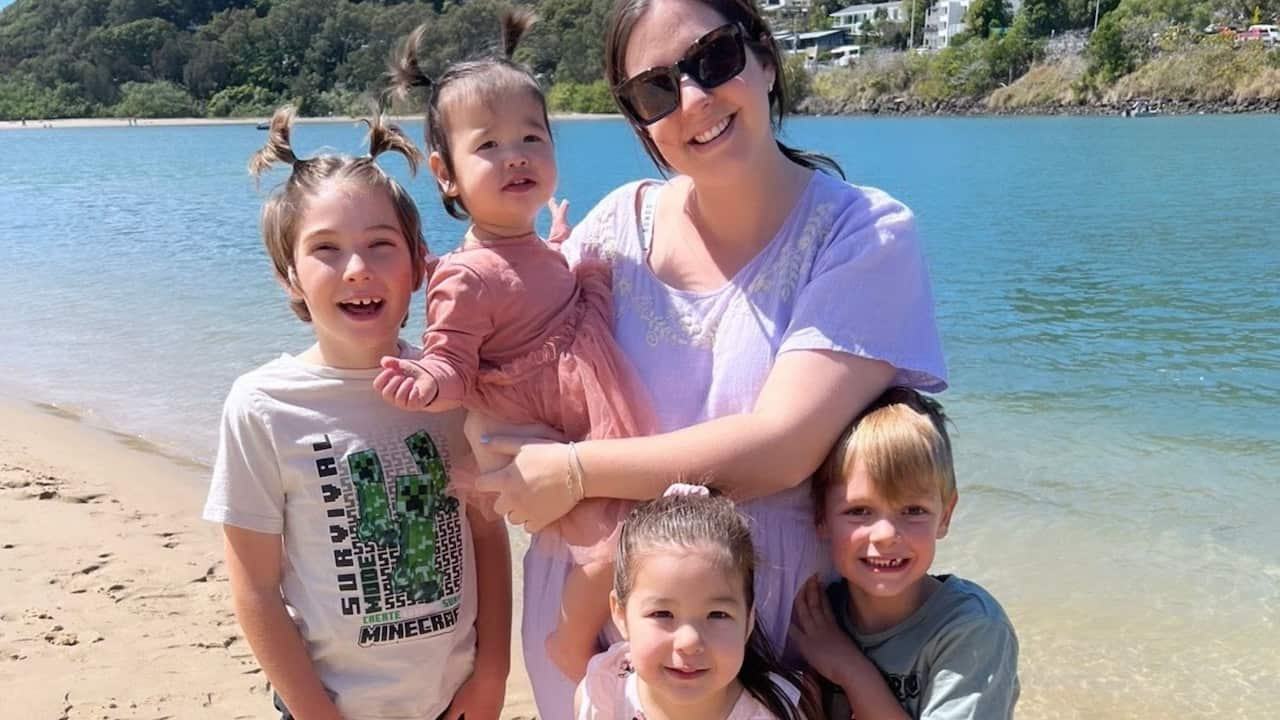
Brooke spoke with about 15 men from the Australia-based Facebook group when she was in the process of choosing a donor.
Before confirming the donor, she asked for his STI screening results and genetic information — and met up with him first to see what he was like.
They drew up a contract, largely to stipulate that the baby was solely hers.
I wanted [a donor] that was doing it out of the goodness of their heart, not to get something in return.Brooke Withington
Brooke says that some informal sperm donors will only donate via natural insemination, which is when the donor and donee have unprotected sex with the aim of conception.
However, one of Brooke's other conditions in choosing a donor was that the donation would be made via artificial insemination (inserting sperm into the cervix with a syringe).
"I wanted [a donor] that was doing it out of the goodness of their heart, not to get something in return.
"I personally don't feel like they're doing it for the right reasons if they're just offering natural [insemination]."
An increasing number of Australians are bypassing treatments at fertility clinics and are instead looking for prospective sperm donors on social media.
Some health and legal experts have raised concerns about this growing practice — including the regulation of these online spaces, adequate legislation being in place, potential for people feeling pressured into natural insemination, and transparency surrounding how many families a donor has given their sperm to.
Wanting to use the same sperm donor
When Anastasia Gunn and her wife Lexie wanted to start a family, they went to a fertility clinic to find a sperm donor.
Anastasia conceived their first child in 2006 by intrauterine insemination, which is when prepared sperm is delivered into the uterus during ovulation via syringe.
When their son was four years old, the Gunns wanted to grow their family — this time with Lexie as the biological mother.
The wives went back to the fertility clinic and paid to use the same donor sperm, so that their second child would share DNA with their first.
"There would have been no reason to use a clinic if we weren't looking to have the same biological father for our children," Anastasia told Insight.
'Everything that we told our children was a lie'
Their middle child, which was conceived via IVF — in which an embryo created outside the body is transplanted into the uterus — would end up being diagnosed with several medical conditions that didn't run in either of the women's families.
In 2012, the Gunns went back to the clinic to have their third boy with an embryo that had been stored since it was made in the same IVF round as their middle son two years earlier.
Anastasia and Lexie's third son also had serious medical conditions like his older brother.
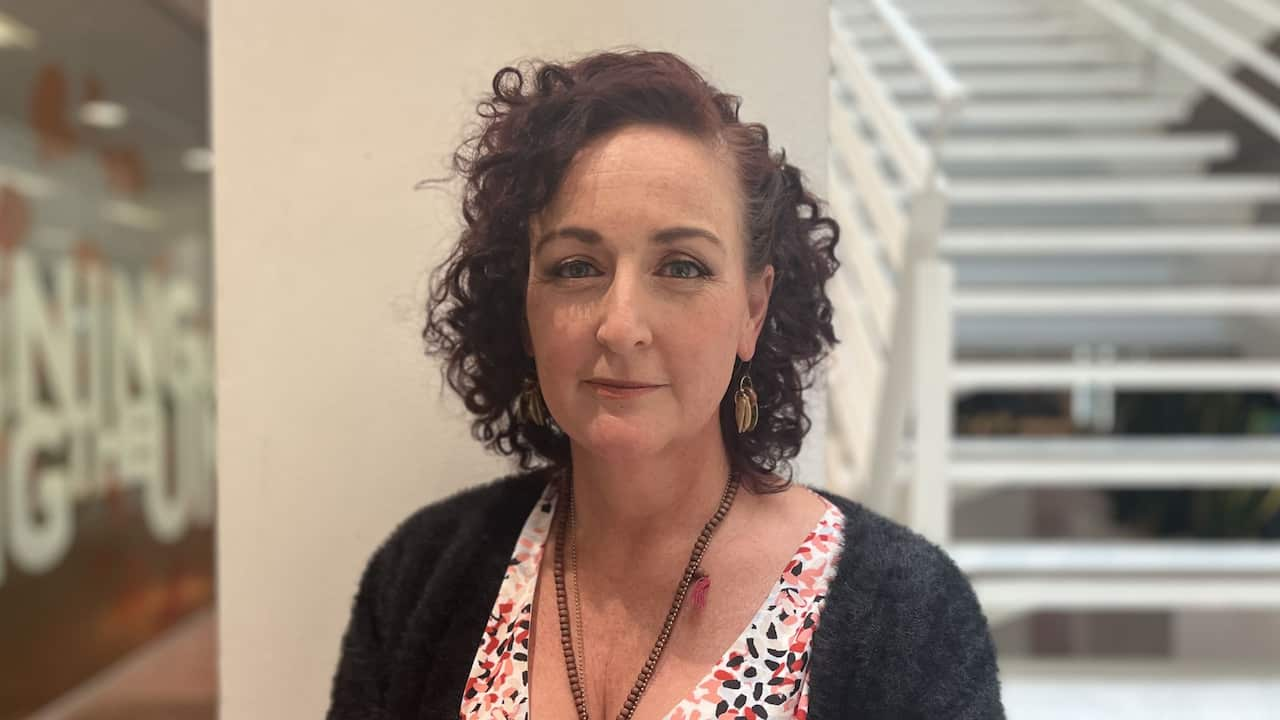
Wanting to alert other families who may have used the same donor of potential health complications, the couple decided to DNA-test their children.
The DNA test results showed no genetic link between their first son and their second two sons.
"I rang up my partner and told her and she's like: 'They must have used the wrong sperm for the IVF'," Anastasia said.
"The whole story of our family was that the boys were all the same as each other ... basically everything that we told our children was a lie."
They are still in legal negotiations with the Queensland clinic three years on, and the clinic involved maintains that the correct donor was used.
Preventative measures
Anastasia and Lexie are not the only Australian couple concerned they have experienced an IVF mix-up.
There are no accurate figures surrounding mix-ups as there is no obligation for clinics to report such instances.
Dr Lynn Burmeister, who owns and directs fertility clinics in Sydney and Melbourne, says there are preventative measures clinics should adhere to avoid mistakes.
"Usually in an IVF centre, you have double witnessing systems: you have two embryologists witnessing eggs, sperms, embryos before you freeze or do anything with them," Burmeister told Insight.
There is also an electronic witnessing system called RI Witness that detects and monitors all activity in an IVF laboratory, to further mitigate the risk of human error when it comes to moving samples around.
The decision to donate sperm
Nick Lovett decided to donate his sperm in the mid-90s following a conversation he had with his wife Nancy before they were married and were unsure if they'd have children.
Nick reflected on his family's history and decided that becoming a sperm donor would be a way to honour it.
The couple did, however, end up having children, which came with a unique complication.
"The fact that every time my two girls go out dating, they're going to have to ask what the year and date of birth is, just to make sure that there's no crossover," Nick said.
"It's just something that at the age of 26, 27, I just hadn't fully anticipated."
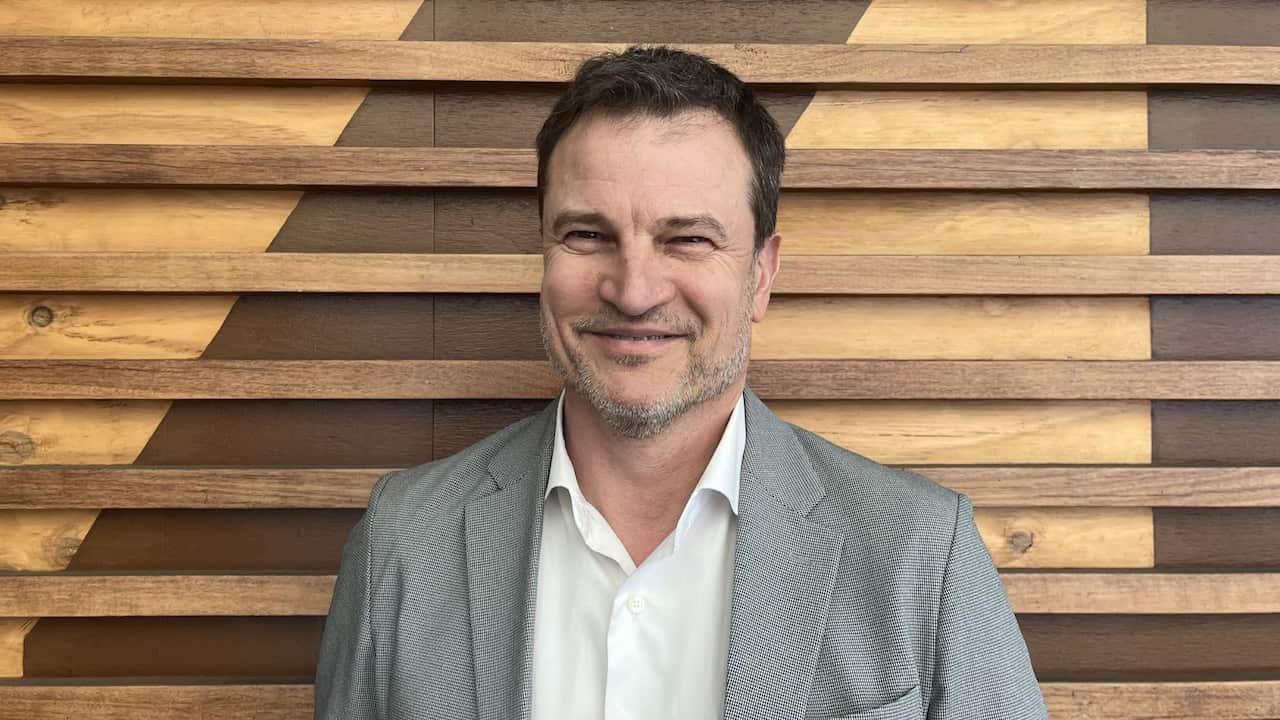
The 57-year-old Melbourne dad says that he didn't consider at the time the impact that donating his sperm could have on his relatives and own future children.
However, several of the 17 people (from nine families) who were conceived with Nick's sperm have contacted and built healthy relationships with him since they turned 18.
"They're just lovely people. It's been a great experience."
'The state registers don't communicate with each other'
Currently, there is a lack of federal laws surrounding donor conception in Australia; legislation is up to the individual states and territories.
It is illegal to pay someone for their sperm in Australia, however.
Lawyer Sarah Jefford, who specialises in family creation, said there are state-by-state limits to the number of families a person can donate to, but there's no cross-referencing between fertility clinics.
"We have some states that have registers of donor conception and children born via donor conception, but we don't have a national register — and the state registers don't communicate with each other," Jefford said.
"A lot of it is really about identity checking at the IVF clinic. But that also comes with trust — and whether the donor will express that they have already donated with another clinic."
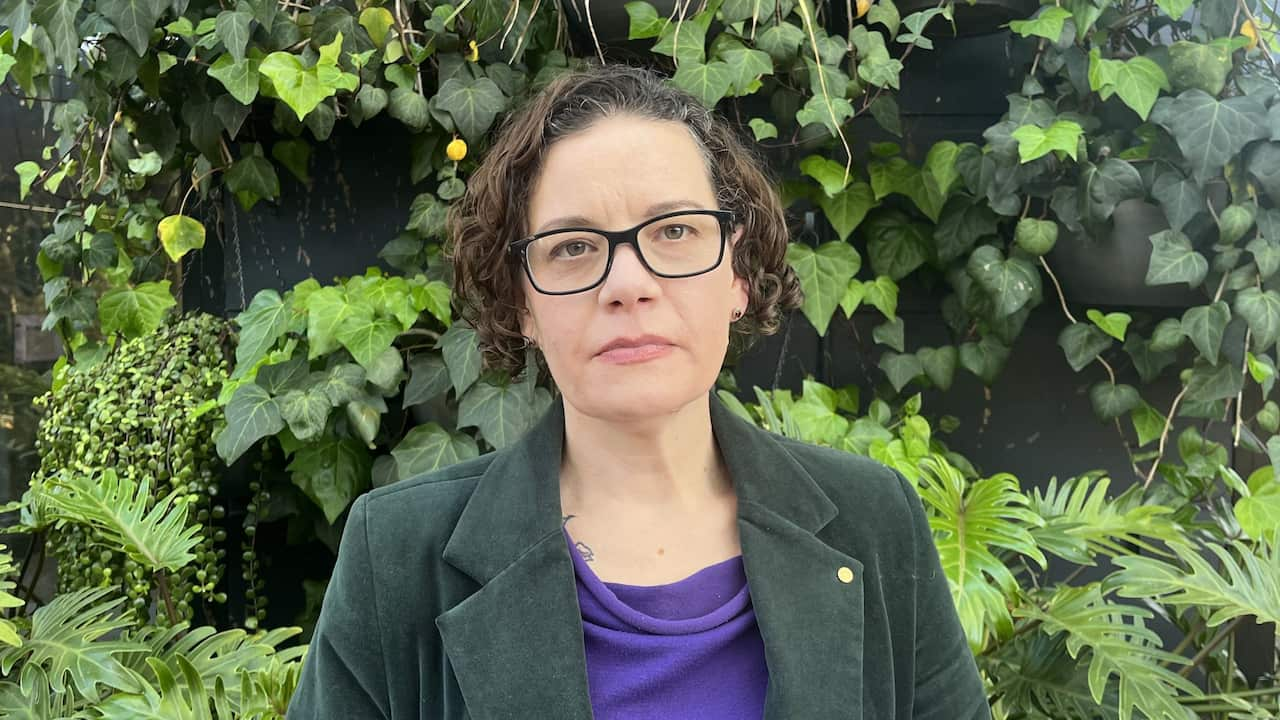
Jefford also believes there needs to be more regulation of sperm and egg donations at a national level.
"Unfortunately, there are limits to what we can do to regulate donations that happens outside of a fertility clinic," Jefford said.
"But I do think that we can put in place rules around people finding each other through social media; and people being educated and aware about what it means to find a donor."
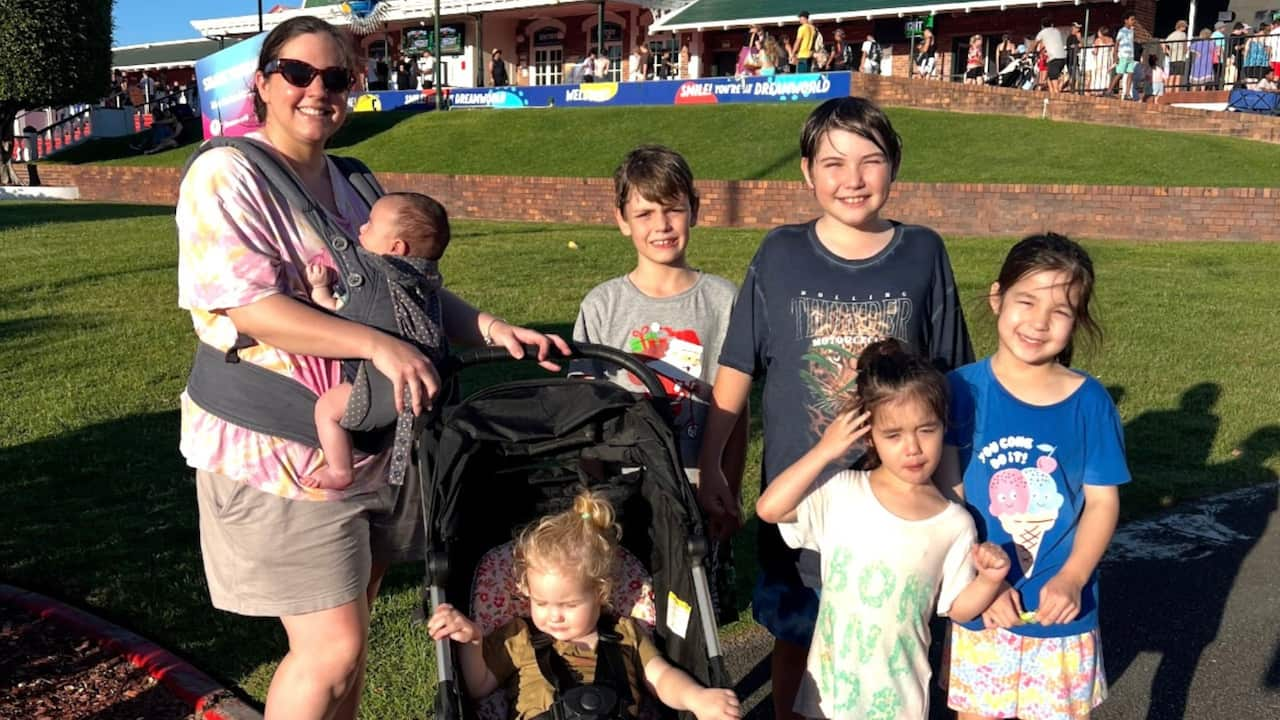
Keeping track of siblings
Despite the concerns around sourcing sperm through unregulated online groups, solo mum Brooke is now pregnant with her seventh child, which is her third child conceived with the donor she found in a Facebook group.
She says that the number of families a donor has given their sperm to matters to her.
"I think when you're going through this, it's a bit worrying that the siblings could meet up and not have any idea that they're half-siblings," Brooke said.
"The donor I chose had a maximum of nine families ... he also has a messenger group with the other parents — so that we can all keep track of the siblings."
Brooke says she just has to take him at his word, and trust that he's honest.
And for more stories on sex, relationships, health, wealth, grief and more, head to Insightful — an SBS podcast series hosted by Kumi Taguchi. Follow us on the SBS Audio App, Apple Podcasts, Spotify, or wherever you get your podcasts.
Insight is Australia's leading forum for debate and powerful first-person stories offering a unique perspective on the way we live. Read more about Insight
Have a story or comment? Contact Us


